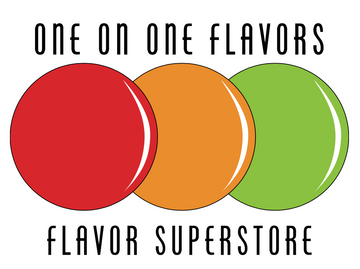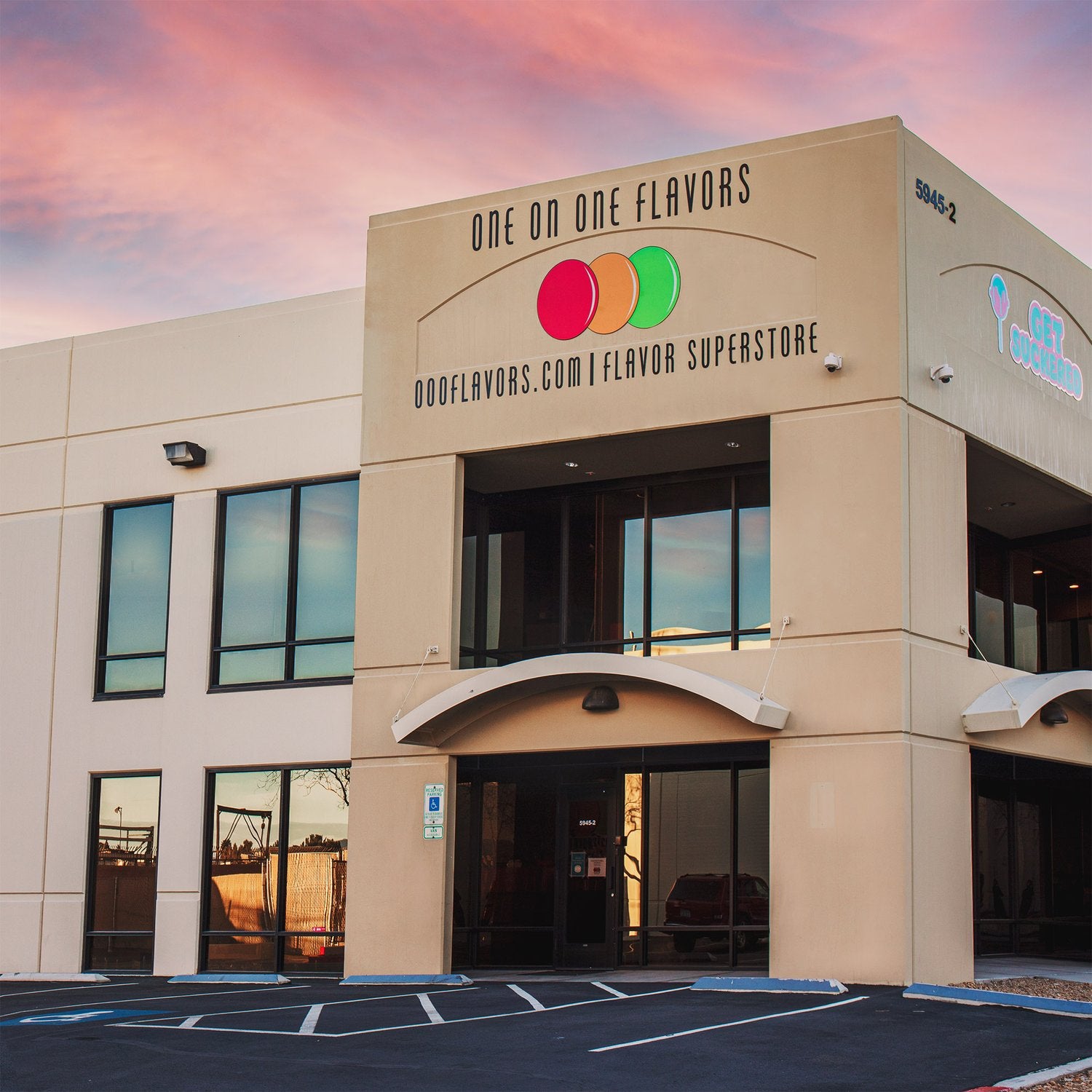Sugar plays a huge role in cooking and baking, but many people are looking for alternatives due to dietary preferences, health concerns, or lifestyle choices.
Whether you're cutting back on sugar for weight management, controlling blood sugar levels, or avoiding artificial additives, there are many sugar substitutes to consider. But are they all created equal?
Let’s break down the pros and cons of different sugar alternatives so you can make an informed choice.
🍯 Natural Sugar Alternatives
Natural sweeteners come from plant-based sources and are often less processed than artificial options.
1. Stevia
✅ Pros:
- Zero calories, making it great for low-calorie diets.
- Does not raise blood sugar levels.
- 200-300 times sweeter than sugar, so a little goes a long way.
❌ Cons:
- Can have a bitter or licorice-like aftertaste.
- Not ideal for all baking applications.
2. Monk Fruit Sweetener
✅ Pros:
- Naturally derived with zero calories.
- No impact on blood sugar levels.
- Sweeter than sugar but without a strong aftertaste.
❌ Cons:
- Can be expensive compared to other alternatives.
- Some brands mix it with other sweeteners like erythritol.
3. Honey & Maple Syrup
✅ Pros:
- Natural and minimally processed.
- Contains trace nutrients and antioxidants.
- Works well in baking and beverages.
❌ Cons:
- Still contains sugar and calories.
- Can affect blood sugar levels similarly to regular sugar.
🌿 Sugar Alcohols (Erythritol, Xylitol, Sorbitol)
Sugar alcohols are often used in sugar-free candies and baked goods.
✅ Pros:
- Lower in calories than sugar.
- Do not cause major blood sugar spikes.
- Erythritol, in particular, has minimal digestive side effects.
❌ Cons:
- Some (like xylitol and sorbitol) can cause digestive discomfort in large amounts.
- Xylitol is toxic to pets, so be cautious when using it at home.
⚗️ Artificial Sweeteners (Aspartame, Sucralose, Saccharin)
Artificial sweeteners are chemically created substitutes that provide intense sweetness.
✅ Pros:
- Zero or very low calories.
- Extremely sweet, requiring only a tiny amount.
- Used in many sugar-free commercial products.
❌ Cons:
- Some have a chemical aftertaste.
- There are debates about potential long-term health effects.
🍰 Which Sugar Alternative is Best for You?
The right choice depends on your dietary goals and personal preferences:
- For baking: Honey, maple syrup, and monk fruit sweeteners are great options.
- For weight loss or calorie control: Stevia, erythritol, or monk fruit offer sweetness without the calories.
- For blood sugar management: Stevia and monk fruit are good choices, while sugar alcohols can be tolerated in moderation.
Ultimately, there is no one-size-fits-all answer. Experiment with different options to find what works best for your taste buds and health goals!
Want to explore more ways to sweeten your recipes? Check out our flavor concentrates to add delicious taste without the need for sugar!


